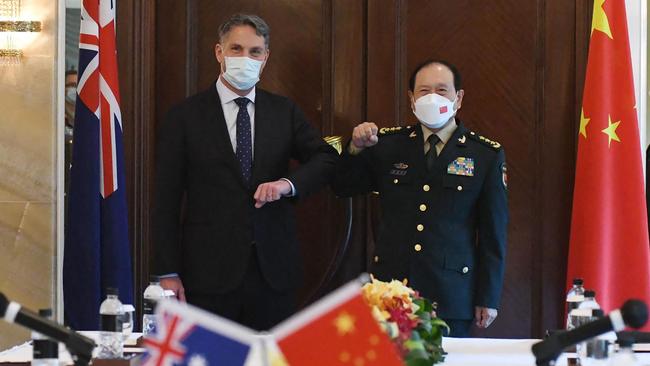
But, as Marles explained afterwards, there remains “absolutely no change in the substance of Australia’s national interest”. It is the People’s Republic of China that needs to make more fundamental changes, for its own sake.
Wei told the Shangri-La Dialogue in Singapore: “We will fight at all costs and we will fight to the very end” to stop Taiwan declaring independence.
The big event on his and every Chinese politician’s calendar is the five-yearly National People’s Congress of the Chinese Communist Party in November, when Xi Jinping intends to be reappointed for a third term as general secretary. Stability – including continuity of policy – is considered vital by Beijing to ensure a successful congress.
So while “conceding” a chat with Marles, Wei must be seen to pursue assiduously Xi’s “New Era” strategic program, which is driven by the paramount leader’s insistence on making the wider world adapt to it, rather than having to adapt itself to international values, laws or trends.
Wei reiterated the constant Beijing theme that the US’s goal is “to hijack countries in our region”, that behind every critic of the CCP, every instance of nations in Asia and the Pacific standing up for themselves, sits Washington. This is not a message that goes down well here or in our region, where people do not view themselves as manipulable cyphers.
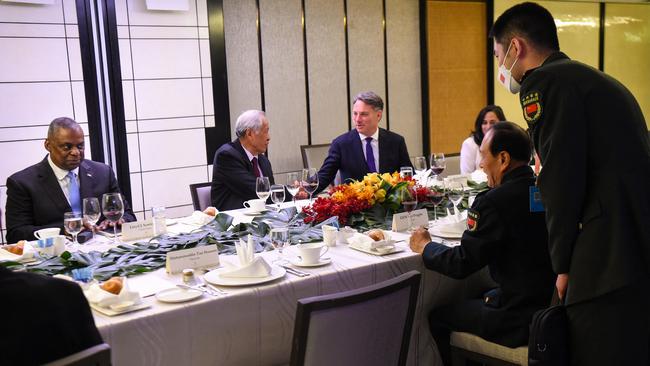
Australia remains, even under the new Albanese government, among those branded as puppets. The party-owned Global Times last week editorialised after a PLA air force plane harassed an RAAF surveillance flight in the South China Sea: “No one can act as Washington’s ‘goon’ while making a fortune from China.” The newspaper lambasted Canberra for “regarding itself as the ‘deputy sheriff’ of the Asia-Pacific region”.
So as Ukraine stands up so impressively for its identity as separate from Russia, Xi is adamant Taiwan cannot be allowed to slip further away from the People’s Republic of China.
Seizing Taiwan – for now, a step too far – would cement Xi’s party deification, while “losing” it would appear disastrous. There is no chance, though, of the socially progressive, economically successful, but internationally cautious Taiwan President Tsai Ing-wen upsetting the status quo by claiming legal independence.
These are days, with a new government in Canberra, when opportunity appears to be knocking for a subtle change in the Australia-PRC trajectory. But the notion of a comprehensive “re-set” would still seem a bridge too far for Beijing until its new ruling team is fully installed next year. Under Xi, politics is upstream of everything. And Australian public opinion seems better informed about the relevant risks than some of our elites.
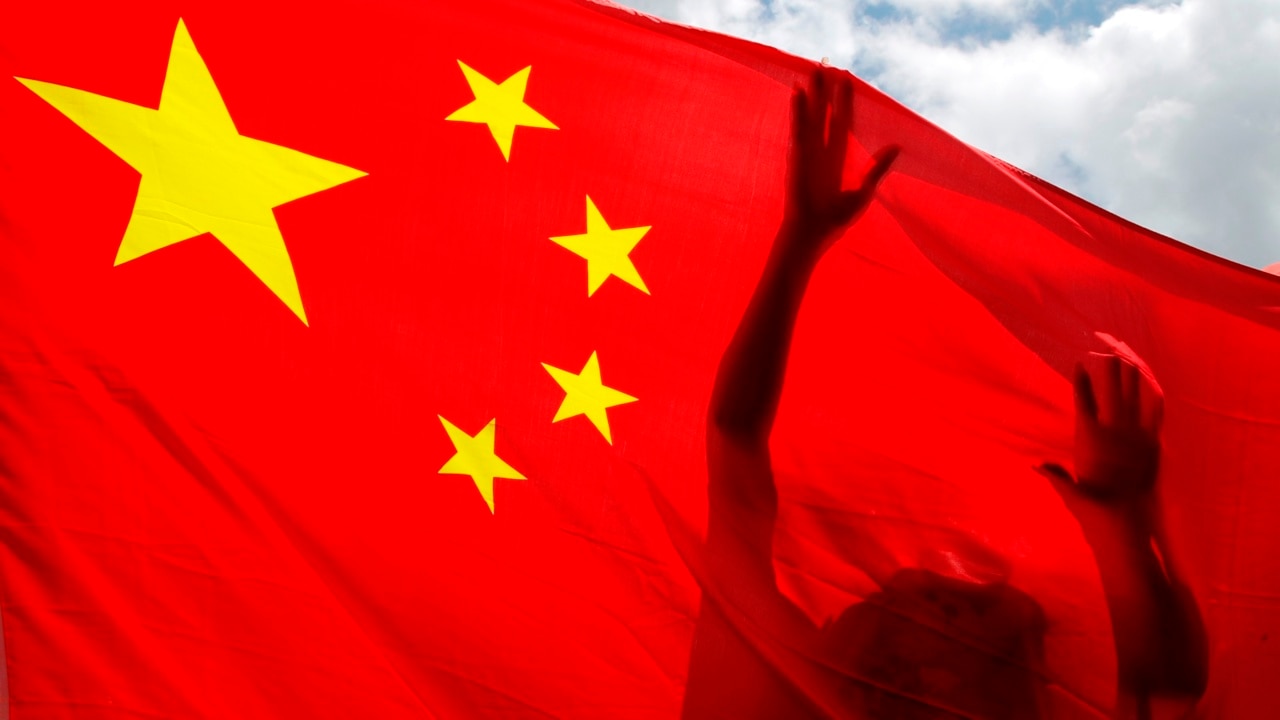
The 50th anniversary of diplomatic relations between Australia and the PRC, on December 21 – when Canberra “acknowledged” without supporting “the position of the Chinese government that Taiwan is a province of the PRC” – provides a further platform for gentle steps in restoring links between Australian and Chinese people that, along with economic mutuality, are at the heart of a fruitful relationship.
But it may challenge senior policymakers in Beijing to risk sufficient political capital before the party congress to restore the full range of wrongs inflicted on Australia in recent years – including the commercial coercion despite our free-trade agreement, the imprisonment of Australian citizens without clear charges, the lack of regular senior-level contact with our greatly respected ambassador, Graham Fletcher, and the military challenges.
The trajectory of the PRC itself is also changing. While Xi insists “the East is rising, the West declining”, the evidence is growing that China’s economic slowdown – driven right now by the trenchant zero-Covid strategy, by the anti-private sector “common prosperity” campaign and by the “no limits” partnership with Vladimir Putin’s disastrous Russian regime – may be prolonged. It appears likely as a result that Australia’s economy will grow faster than China’s this year.
And a well-argued report by the Lowy Institute anticipates that demographic decline, the limits of capital-intensive growth and a gradual deceleration in productivity growth will trigger a substantial decline to an annual rate of 3 per cent economic growth by 2030, then 2 per cent by 2040 and beyond.
The Albanese government has made an outstanding start in foreign affairs, underlining through regional travels the network of partners and allies that mark Australia and its regional friends out from lonely Beijing, despite the support it has gained via massive Belt and Road Initiative loans.
The BRI appears to be declining already from its zenith as China’s economy stutters – with concerns increasingly raised within China about the “debt trap” it has set for Chinese banks.
We would naturally prefer to engage with a China that is stable and economically successful, a modern China at ease with itself, rather than with one that reverts to the failed Mao era, represses its citizens, or bullies neighbours.
But as we have to deal with Beijing as it is, so Beijing needs to understand that Australians will not become supplicants.
As China’s rise falters and Xi – whose centralisation and personalisation of power have contributed significantly to that – becomes more anxious about his permanence in power, tensions and challenges will continue, requiring continuing close attention from our promising new government.
Rowan Callick is an Industry Fellow with Griffith University’s Asia Institute and a former China correspondent for The Australian.


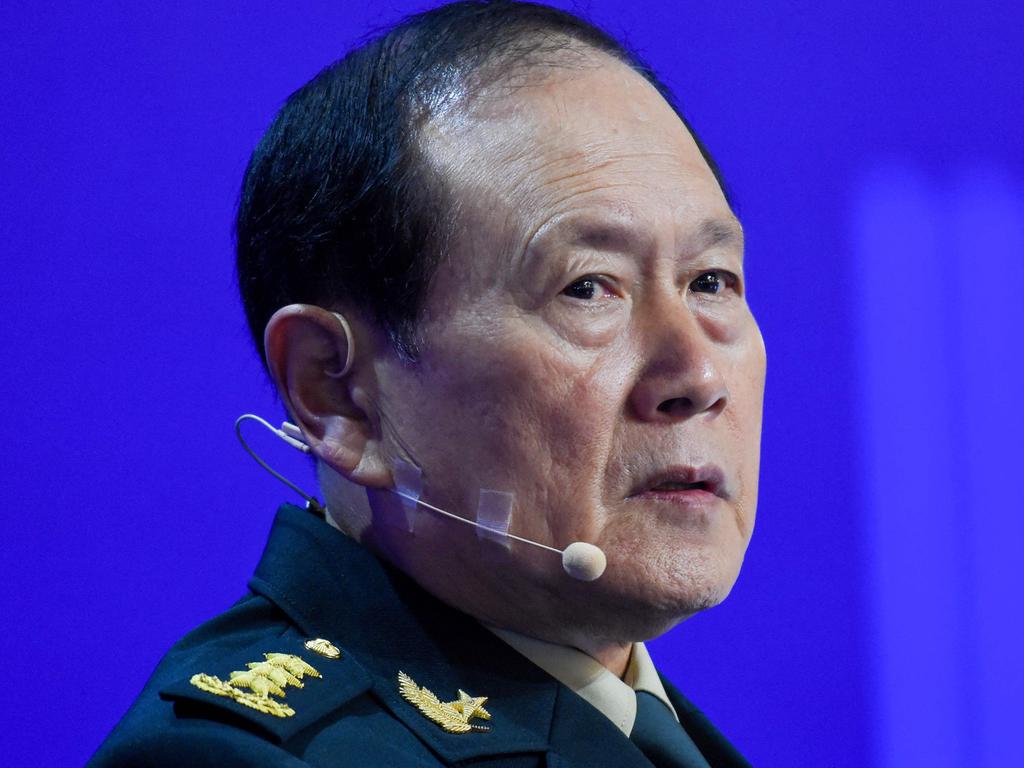
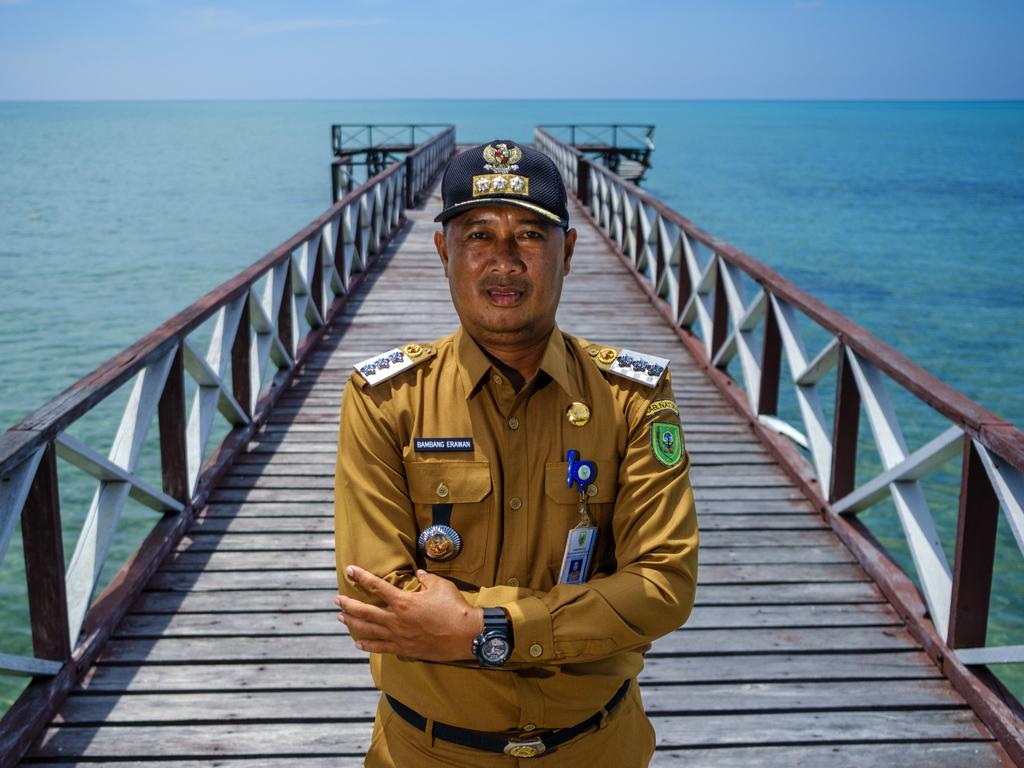
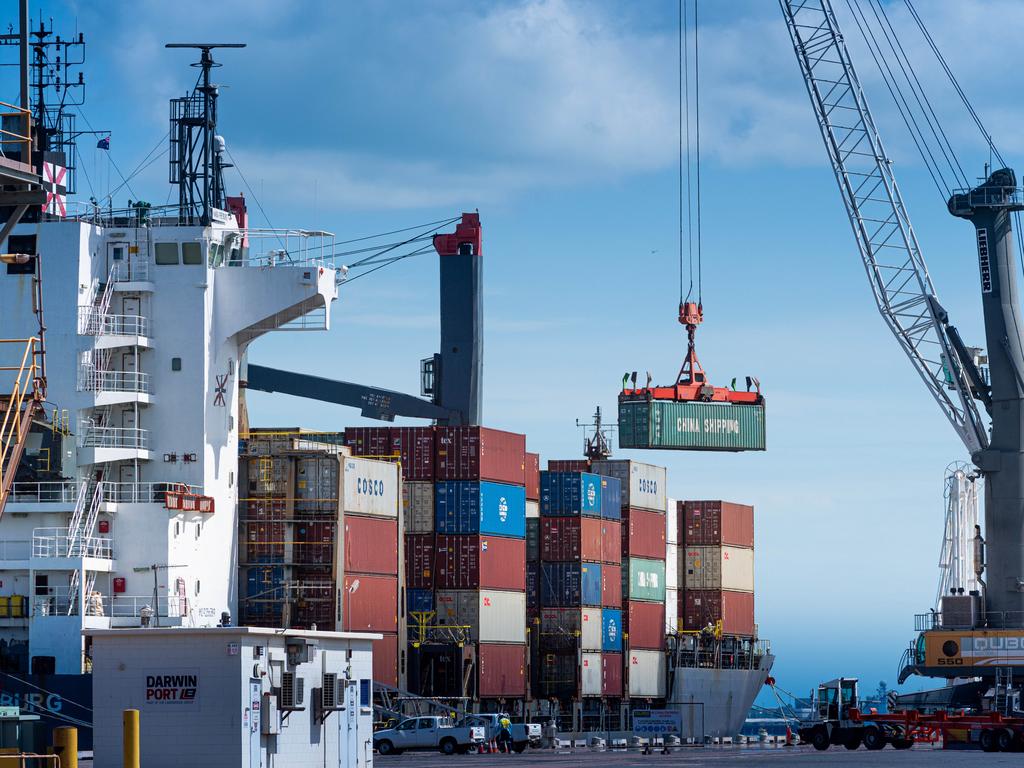
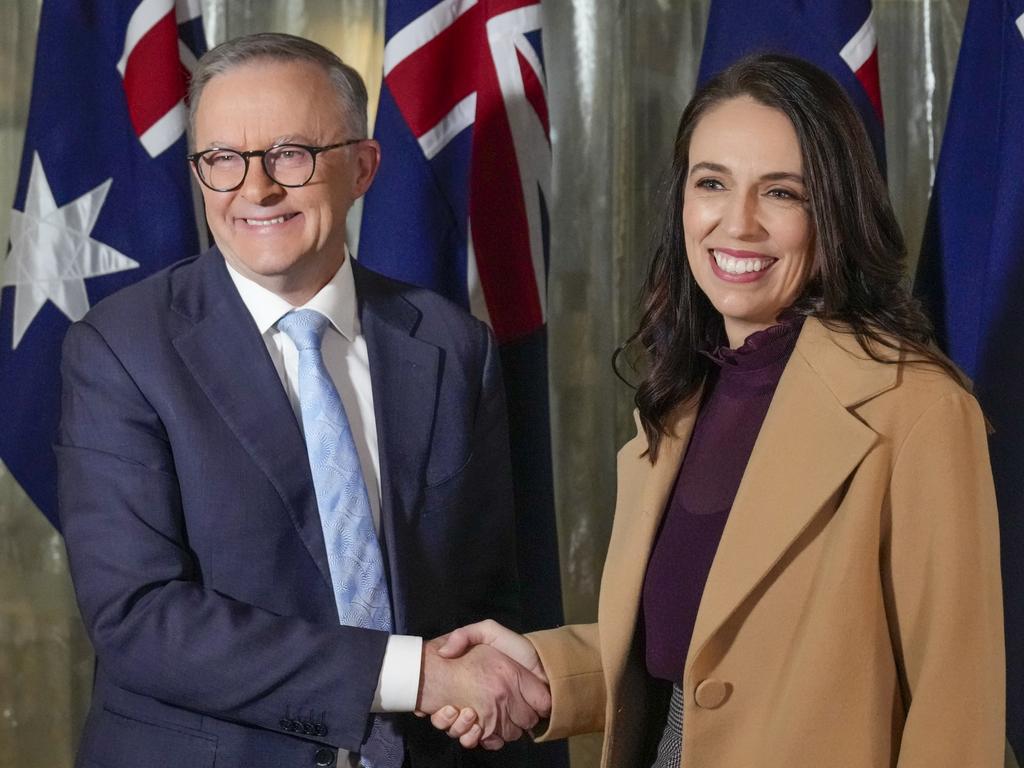


Sunday’s conversation between China’s Defence Minister, General Wei Fenghe, and Defence Minister Richard Marles, and hopes of a meeting in the World Trade Organisation sidelines in Geneva between new Trade Minister Don Farrell and his Chinese counterpart, Wang Wentao, underline a change in tone in the relationship.